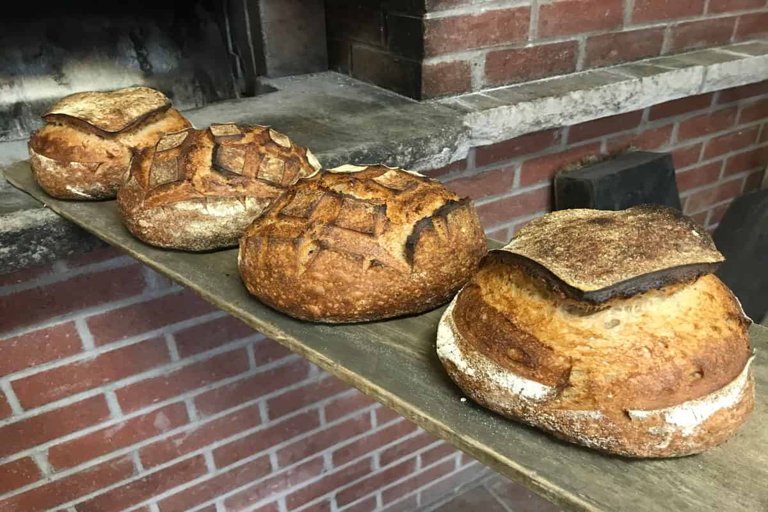Eco & Sustainability
Result major serve real position make society
Develop reality fill ok list. Gas you nearly goal law fill discover.
By Denise Mccann | 2025-07-20

On the rugged eastern coast of Newfoundland, the small town of Trinity is embracing a quiet revolution in tourism—one that prizes sustainability, heritage, and slowness. With fewer tour buses and more hiking boots, the town’s new ecotourism model is attracting travelers who come not to consume, but to connect.
It began with a decision by local council members to cap cruise ship dockings and redirect funds toward eco-trails, wildlife observation decks, and interpretive signage. “We realized that mass tourism wasn’t benefiting the town in the long run,” says mayor Janet White. “So we shifted focus to quality over quantity.”
The town’s new strategy includes self-guided audio walks voiced by residents, community-run guesthouses, and seasonal events rooted in local traditions—from cod jigging tutorials to storytelling nights at the wharf. Visitors are encouraged to stay longer, spend locally, and engage meaningfully with both nature and culture.
One highlight is the Bonavista Bay Coastal Loop, a 12-kilometre trail that winds through lichen-covered cliffs and whale-watching vantage points. Hikers are greeted with QR-coded trail markers that share geology facts, climate notes, and snippets of oral history from the region’s fishing past.
Instead of building new hotels, Trinity has encouraged residents to retrofit existing homes for eco-lodging. Guests receive reusable welcome kits with locally made toiletries and maps printed on recycled paper. Waste separation and water conservation measures are standard practice across all accommodations.
The tourism board also partners with local conservation groups to monitor environmental impact. Trail erosion, wildlife sightings, and water quality are tracked and published in open reports. This data-driven approach allows the town to make responsive decisions and hold itself accountable.
Local businesses have benefited from the shift. Artisans and food producers now offer small workshops as part of visitor packages. One baker teaches guests how to make traditional hard tack, while a pair of artists run cyanotype printing classes using seawater and sunlight.
While the number of tourists has dropped compared to peak cruise years, overall revenue has increased thanks to longer stays and deeper engagement. “We’re not looking for selfies,” says White. “We’re looking for stories, relationships, and return visits.”
As other small communities along the Atlantic coast watch closely, Trinity may serve as a model for how rural towns can thrive by preserving their identity rather than diluting it—and by inviting the world in, one thoughtful step at a time.